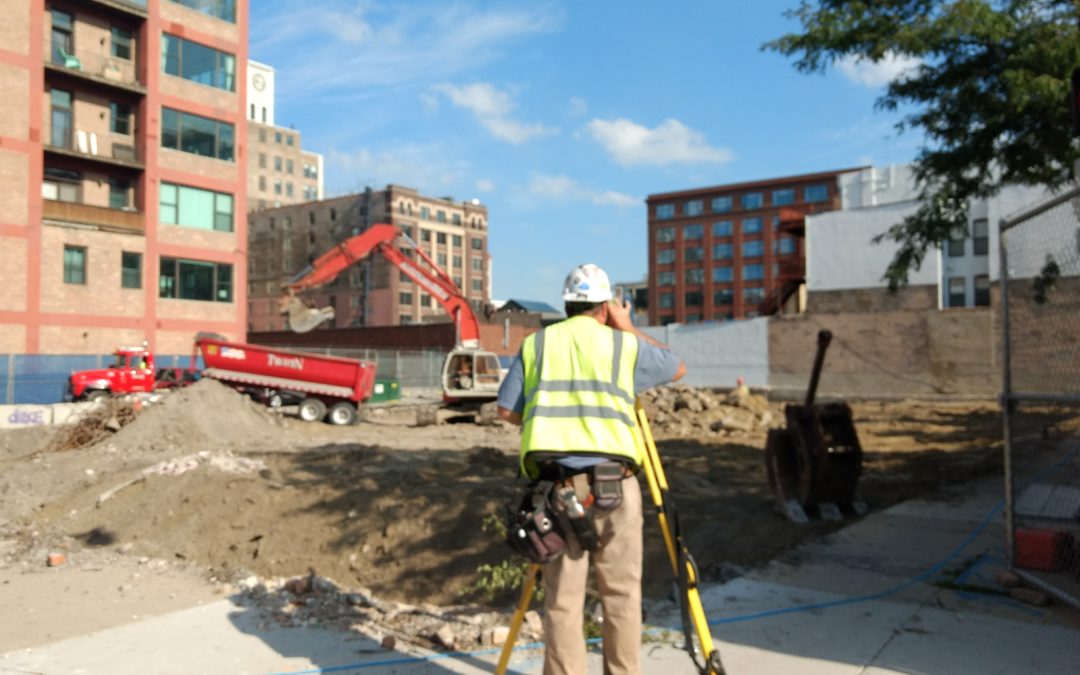Whether you’re building a new home or a commercial building, construction projects are often complex endeavors. Even though you may start with a clear plan, unexpected events can occur in the middle of construction. As a result, the scheduled timetable could shift dramatically while expenses continue to increase well beyond your initial budget. Yikes! What can help? A solid written contract and Construction Management paperwork.
Unfortunately, I have seen these circumstances occur with many of my clients, where I’ve had to develop solutions after the project has already begun. But you can avoid such debilitating complications and keep your construction project on track from the start just by taking one simple step before breaking ground. Using a solid written contract and related time-tested Construction Management paperwork, your project will be equipped to handle any issue that may appear along the way.
To help you navigate this process, I am now offering a series of blogs on construction management. Each one will examine different aspects of the three stages of the essential paperwork necessary to ensure orderly and efficient management of your construction project. The three phases I will highlight in detail are:
- Contract – This stage involves defining the scope of your construction and anticipating any complications prior to beginning the project.
- Construction – This stage is the work-in-progress, phase, which includes the documenting of work completed, changes in the original Scope of Work and the payout procedures.
- Post-construction – The third deals with the completion of punch-list items (after the project has been substantially completed) and the procedures to be covered for post-construction completion claims under the construction warranty.
One Final Note
The construction paperwork I will describe in my posts is a critical tool designed to protect you throughout your construction project. But before you sign any contracts, change orders and/or lien waivers, it’s always in your best interest to have an attorney look over the documents and advise you on the most appropriate route to take.
Coming Soon
Next time, I’ll discuss the contract stage and what you can expect.

